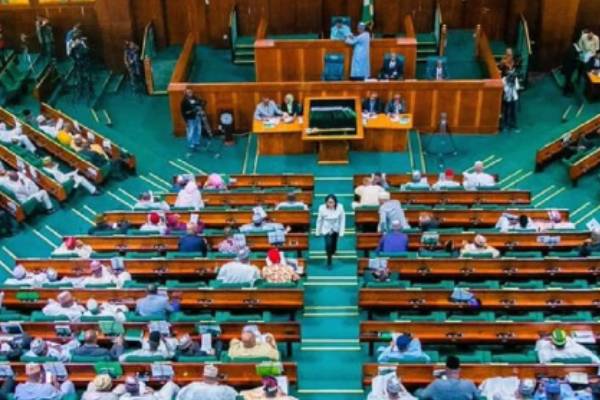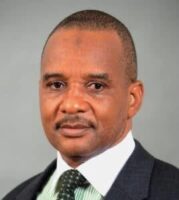The House of Representatives has approved President Bola Tinubu’s request to borrow an additional $347 million as part of the Federal Government’s 2025–2026 borrowing plan.
The approval was granted during Wednesday’s plenary session after Speaker Tajudeen Abbas read the President’s correspondence on the floor of the chamber.
The Deputy Speaker, Benjamin Kalu, later presided over the session and gave final approval to the request.
According to President Tinubu, the loan is intended to cover increased funding needs for the Lagos-Calabar Coastal Highway project and a major telecommunications initiative.
He explained that the cost of the coastal highway project had risen by $47 million, from $700 million to $747 million, due to funding shortfalls.
When the borrowing plan was initially sent to the National Assembly, the lead arranger only secured $700 million in commitments, with the balance later sourced from export credit agencies.
In addition, $300 million will be allocated to the Nigerian Universal Communications Access Project.
The project aims to bridge the country’s digital divide by deploying 7,000 telecommunications towers to underserved rural communities.
The House also adopted a report presented by Abubakar Nalaraba, Chairman of the House Committee on Aids, Loans and Debt Management, in support of the loan request.
Nalaraba assured lawmakers that despite rising debt levels, Nigeria’s debt profile remains within sustainable limits.
He said the country’s debt-to-GDP ratio currently stands at around 50 per cent—well below the international benchmark of 56 per cent.
In May, President Tinubu sought approval for a comprehensive borrowing plan totalling $21.54 billion, €2.19 billion and ¥15 billion, in addition to a €65 million grant.
With the newly approved $347 million, the total borrowing figure now stands at approximately $21.89 billion.





